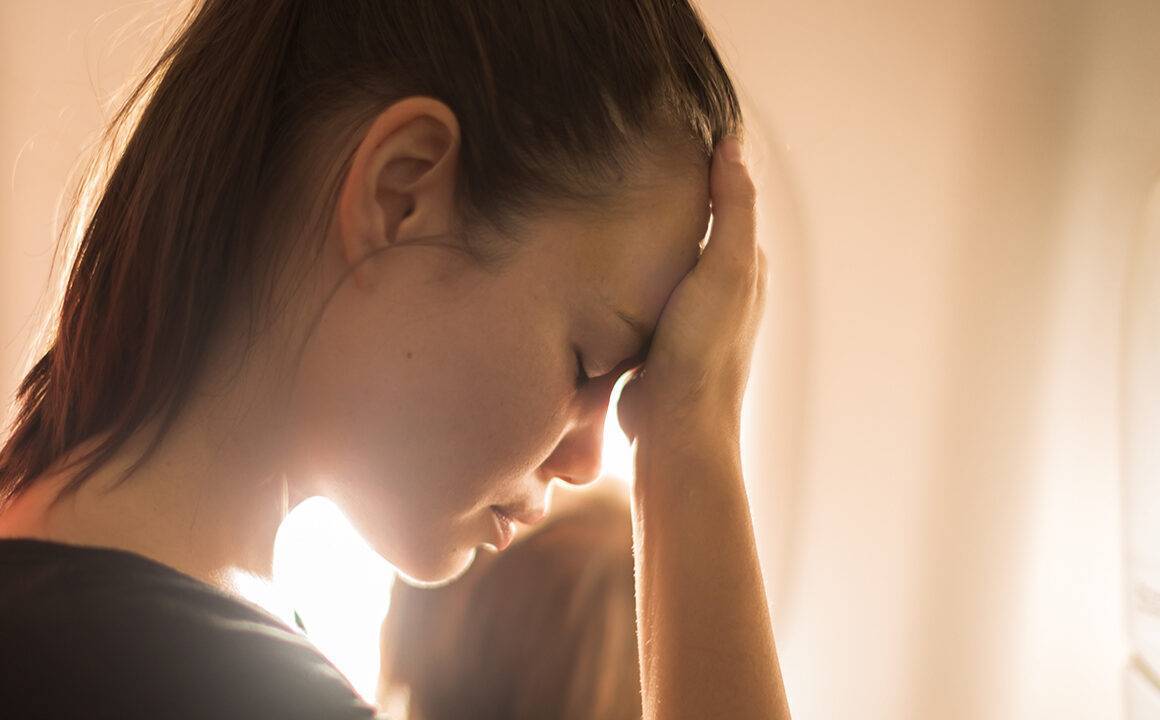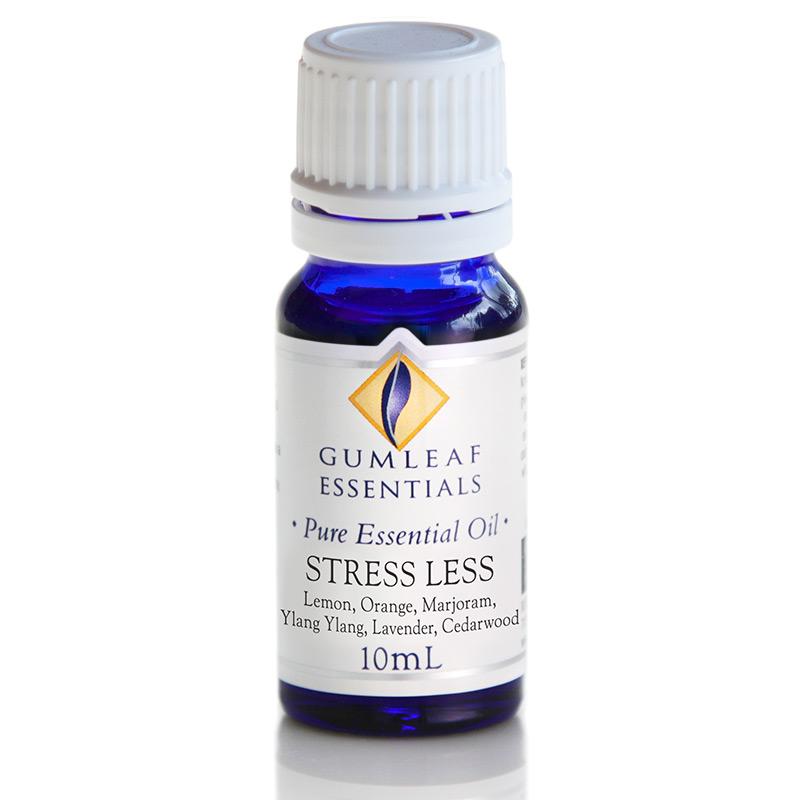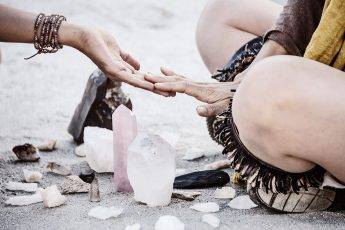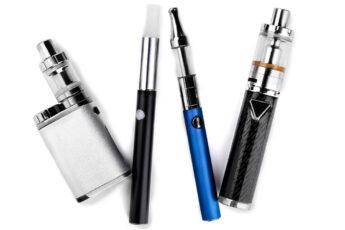Understanding Anxiety, Worry and Fear

Anxiety is a common mental health condition that affects millions of people worldwide. Despite this, it is still very complex and manifests differently for different people. In general, anxiety can be characterized by excessive worry, fear and discomfort about situations.
In this article we will look at what anxiety is and some effective ways to reduce it.
What is anxiety?
Anxiety is the body’s natural response, designed to protect us from potential threats. We all experience some degree of it in challenging situations. This is because when we are faced with something dangerous, the body releases stress hormones such as adrenaline and cortisol to prepare us for our fight or flight response; these hormones contribute to our anxiety about the situation we perceive as dangerous. Anxiety only becomes problematic when it occurs in the absence of immediate threat or danger and persists over time resulting in an anxiety disorder. Some types of anxiety disorders include Generalised Anxiety Disorder (GAD), panic disorder, social anxiety disorder and anxiety towards specific phobias.
Effects and symptoms of anxiety
Anxiety can manifest itself differently in different people. Depending on its severity and the individual it can range from physical too emotional to cognitive symptoms.
Here are some of the symptoms associated with anxiety:
Physical
Some physical symptoms include rapid heartbeat, sweating, trembling, muscle tension, stomach discomfort and panic attacks.
Emotional
Some emotional symptoms include feelings of restlessness, irritability, anxiety and constant fear.
Cognitive
Some cognitive symptoms include difficulty concentrating, racing thoughts and irrational fears.
If these symptoms persist and anxiety becomes a long-term occurrence, it can go so far as to negatively affect a person’s quality of life, leaving them mentally exhausted, fatigued and with a weakened immune system. It can even worsen existing medical conditions because of the toll long-term anxiety takes on the body.
Methods of reducing and alleviating anxiety
Understanding what anxiety is and how it works on our bodies is part of learning how to reduce it. The methods below are more in-depth methods of reducing anxiety.
Essential oils
Essential oils are a popular method of reducing anxiety and are used in traditional medicines such as Ayurvedic and Traditional Chinese Medicine. Essential oils often promote relaxation and reduce stress, which in turn reduces anxiety.
Australian essential oils work because their aromatic molecules, when inhaled, stimulate the olfactory receptors in our nasal cavity. These receptors then send signals to our limbic system, the part of the brain involved in processing emotions, memories and motivations. Essential oils also affect the release and activity of neurotransmitters in our brain.
Neurotransmitters are the chemical messengers that carry signals between nerve cells, or neurons, to the rest of our body’s nervous system. They are responsible for a range of functions including mood regulation, heart rate, digestion, breathing, sleep, and wakefulness.
This is why essential oils can be beneficial for anxiety. However, some scents are more effective than others. Here is a rundown on some essential oils for anxiety we recommend:
Lavender, for example, has been shown to have a strong anxiolytic effect. It can promote relaxation and induce a sense of calm in the person using it. It can be used alone or in combination with other anxiolytic essential oils, as in this Stress Less essential oil blend.

Another oil that is great for reducing anxiety is clary sage oil. In addition to its calming properties, this oil is great for boosting your mood and can be used on its own or in combination with other oils, as in this Happiness essential oil blend.

Neroli oil is another excellent alternative as it helps to combat fatigue and mental fatigue, keeping you more alert. Using it alone is beneficial, but in combination with other oils with similar properties, as in this Resilience essential oil blend, it can prove most effective.

Use of these essential oils can vary from topical application to inhalation, there are also essential oil recipes that you can follow to get the most out of your chosen oils.
Mindfulness and Meditation
In addition to the use of essential oils, mindfulness and meditation have also been shown to reduce anxiety, as the practice involves focusing on the present moment without external expectations or judgement.
Meditation techniques can help calm the mind and are particularly beneficial for those who suffer from cognitive symptoms of anxiety, as they can reduce anxious thoughts. Studies have even shown that through regular practice, meditation can increase the density of grey matter – a key component of the brain and spinal cord, consisting primarily of cell bodies, nerve cells, glial cells and unmyelinated axons – in the brain in regions associated with emotional regulation. This increase may further reduce anxiety levels.
Cognitive Behavioural Therapy
In extreme cases, cognitive behavioural therapy is needed to help people with excessive anxiety identify and change their negative thought patterns and associated behaviours. This therapeutic approach equips individuals with coping mechanisms and problem-solving skills to manage and cope with their anxiety more effectively.
Cognitive behavioural therapy is known to reduce hyperactivity in the brain and strengthen rational thinking and emotional regulation.
From this article we can see that anxiety is a complex condition that can have a significant and quite negative impact on a person’s life if left unchecked. Understanding anxiety, recognising its symptoms and using proven methods such as essential oils, mediation and cognitive behavioural therapy can help those affected by excessive anxiety to alleviate their symptoms and manage their daily lives.
Share via:





Leave a Comment